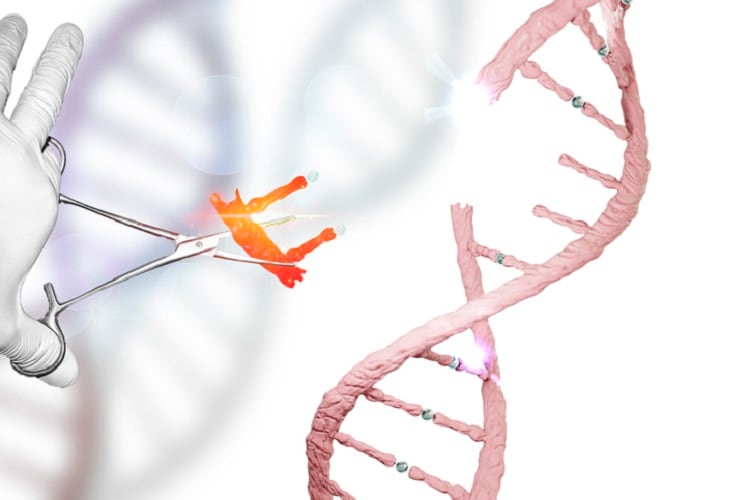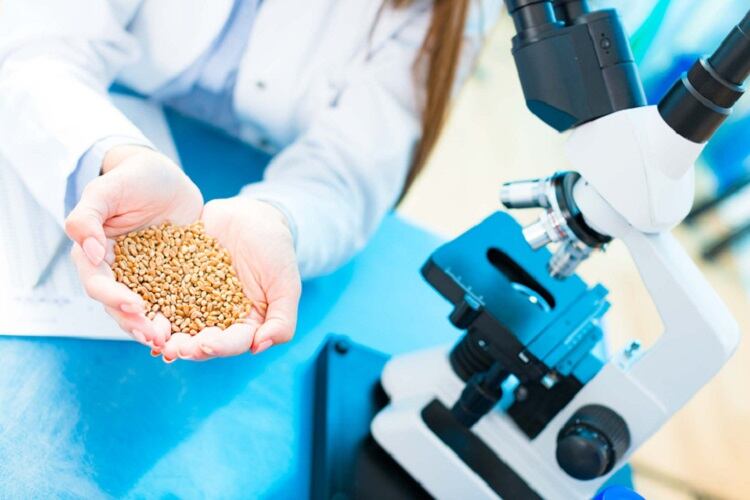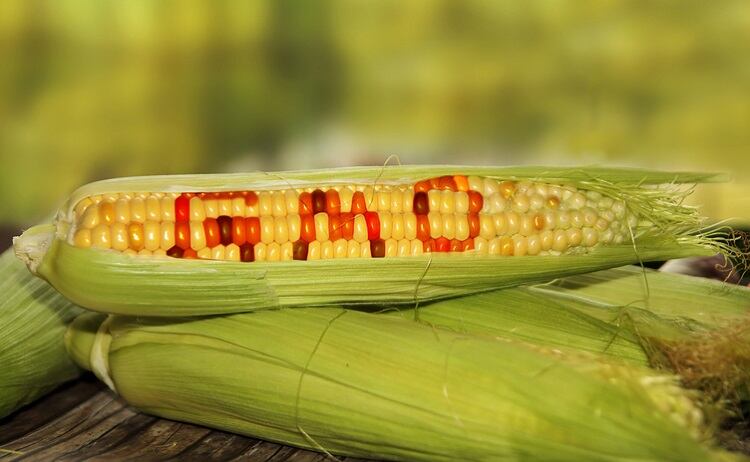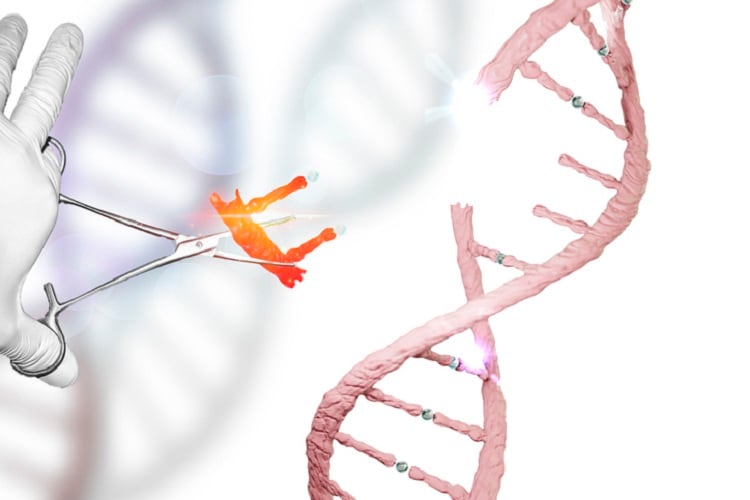European regulation of the cultivation of genetically modified organisms (GMOs) is detrimental to farmers and the greater agricultural biotech industry, according to researcher Andreas Christiansen.
The philosopher, who works in the Department of Media, Cognition and Communication at the University of Copenhagen, has outlined his research in the recently co-authored an article, ‘Are current EU policies on GMOs justified?’.
Published in scientific journal Transgenic Research in March 2019, the paper argues that current EU policy on GMOs is “extremely strict” and ultimately hinders the development and authorisation of new genetically edited crops.
“The policy is based on arguments relating to the risk and unnaturalness of GMO plants,” Christiansen told FoodNavigator earlier this week. However, for Christiansen and his co-authors, these arguments do not justify the prohibitive regulation.
“The risks inherent in GMOs are not large enough to justify this very restrictive and very cumbersome authorisation procedure, which is also expensive and slow.”
Furthermore, Christiansen claims the ‘non-risk’ related arguments – concerning the ‘unnaturalness’ on genetic modification – aren’t strong enough to justify GMO bans in individual countries, nor the mandatory labelling of GMO products.
“Four years ago, there was a slight change in EU law,” he explained. “As of 2015, individual Member States can now opt out of authorising GMOs. It has basically become possible to ban the cultivation of GMOs in each individual country’s land based on pretty much any argument.”
Indeed, a larger of number of Member States have chosen to opt out. By the end of 2015, 19 countries had approved bans on the cultivation of GM crops on all or part of their territory.
The European Commission says its legal framework on GMOs aims to:
- Protect human and animal health and the environment by introducing a safety assessment of the highest possible standards at EU level before any GMO is placed on the market.
- Put in place harmonised procedures for risk assessment and authorisation of GMOs that are efficient, time-limited and transparent.
- Ensure clear labelling of GMOs placed on the market in order to enable consumers and professionals to make an informed choice.
- Ensure the traceability of GMOs placed on the market.
Regarding the required GMO labelling clause, Christiansen said: “The fact that some consumers would like to know that a product is GMO – which is indisputably the case – isn’t sufficient to justify these mandatory labels.
“If we are to have mandatory labels, this should be justified by some other arguments. For example, if there is risk involved, or if it is morally problematic.”
Industry concerns: farming and food
In practice, Christiansen claims the policy threatens development in the broader agri-food sector. It has “led to a situation where pretty much no GMOs are cultivated in Europe”.

Further, the authors lament that a lack of new GM crop authorisations is disadvantaging farmers across the bloc. “GMOs offer economic benefits,” Christiansen explained. “Farmers can save money on outlays, the use of pesticides can be reduced, and depending on the GMO variety, there can also be improvements in yield.”
And the savings do not stop there, he said, suggesting that consumers may also benefit from price decreases further down the supply chain. “If farmers are saving money, then typically some of those savings will trickle down to the consumer as well.”
Biotech focus: ‘A detriment to the whole industry’
The agricultural biotech industry is also feeling the effects of “restrictive” EU policy, Christiansen argued.
“There are pretty much no European companies doing this – with the exception of global firms like Monsanto, which was acquired by Germany-headquartered Bayer. Start-ups in this field are lacking.
“That is a detriment to the whole biotech industry.”
The US department of agriculture’s foreign agricultural service (FAS) also said the EU’s “complex and lengthy policy framework” regarding biotechnology creates a challenging environment for research.
While the EU produces very few genetically engineered (GE) crops, it imports more than 30 million metric tonnes (MT) of GE soybean products, 10-15 million MT of corn products, and 2.5 to 4.5 million MT of rapeseed products per year – mainly for feed.
In its December 2018 report, the FAS stated it did not expect the current situation of the EU – notably very little cultivation of GE plants and high imports – to change significantly in the medium term.
“The EU’s unfavourable political and regulatory environments restrict public and private research in biotechnology, impede commercial production of biotech plants, and create trade disruptions,” wrote the FAS in the report.
“While the EU still conducts some research, most programs are limited to basic research. The private sector's interest in developing varieties of GE plants suitable for cultivation in the EU has waned.”
CRISPR for climate change?
Looking to the future, genetic technologies – both traditional GMO and “in particular” CRISPR – could be useful in developing plants designed to secure sufficient food production without harming the environment, we were told.
Genetic editing using CRISPR/Cas technology involves removing part of the genetic code, as opposed to GMO methods, which use genetic engineering to insert new code.

In July 2018, the European Court of Justice (ECJ) ruled that crops obtained by mutagenesis are classified as GMOs, as the techniques and methods of mutagenesis alter the genetic material of a plant in a way that does not occur naturally.
While CRISPR technology is regarded as more precise, as it causes fewer alterations in plants than traditional breeding methods, it is included in the “restrictive” EU legislation, Christiansen continued. Whereas chemically induced breeding – an alternative method used to provoke mutations – is not.
“[CRISPR] could help produce or develop plants that are more robust to droughts and flooding and salinity in the ground,” said Christiansen, suggesting that the gene editing technology could play an important role in addressing the negative environmental effects of climate change.
“We could also produce more [food] without having to spray as many pesticides or use as much chemical fertiliser.”
Again, Christiansen’s views fall in line with the FAS’ statements. “The vast majority of scientists are deeply concerned that this judgement will have significant negative consequences for innovation in the EU.
“In addition, professionals in the agricultural sector warn about its potential economic impact. The general public is not aware of agricultural applications of innovative biotechnologies,” wrote the FAS in its report.
Source:
Transgenic Research
Published online: 5 March 2019
‘Are current EU policies on GMOs justified?’
DOI: http://dx.doi.org/10.1007/s11248-019-00120-x
Authors: Andreas T. Christiansen, Martin Marchman Andersen, Klemens Kappel





